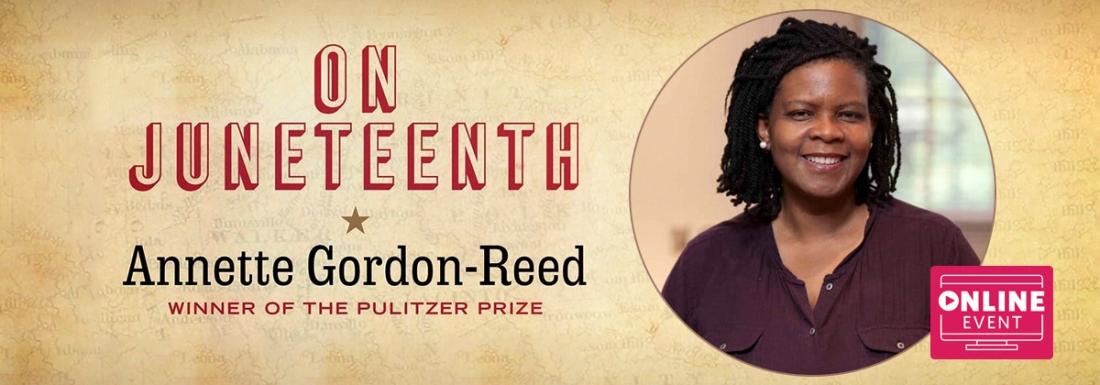Hiding the past, Annette Gordon-Reed says, is “just a recipe for ignorance.”
No one has done more to illuminate our country’s troubled racial history, in particular to unearth the stories of enslaved African Americans, than the Harvard University historian and legal scholar, who won a Pulitzer Prize for her groundbreaking book The Hemingses of Monticello: An American Family. Her latest work, On Juneteenth, weaves national history, dramatic family chronicle, and searing episodes of memoir into a series of essays on our “long road” to the effective end of slavery on June 19, 1865 – and the enormous hardships that African Americans have endured since.
A little more than a week after this year’s observance of Juneteenth, Gordon-Reed discusses the book, Juneteenth’s origins in her native Texas, and the movement to establish it as a legal public holiday – just achieved with congressional approval and President Biden’s signature.
Gordon-Reed is the Carl M. Loeb University Professor at Harvard, where she has taught since 2009. Among her other books are Thomas Jefferson and Sally Hemings: An American Controversy, Vernon Can Read! A Memoir in collaboration with Vernon Jordan, and Andrew Johnson. She is the recipient of a Guggenheim Fellowship in the humanities, a MacArthur Fellowship, and the National Humanities Medal, among other awards.
Juneteenth reading suggestions, films, and more
